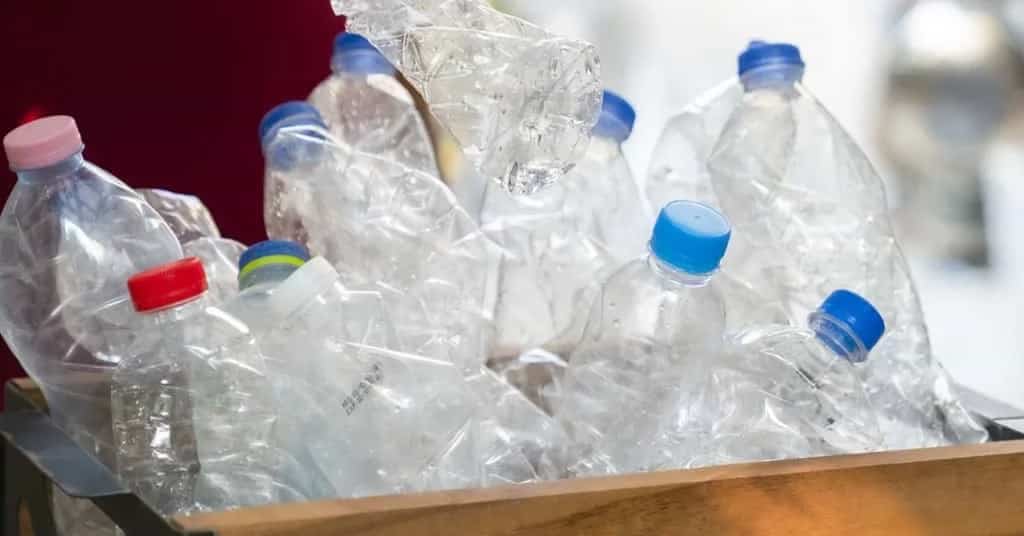Welcome To ChemAnalyst

Advanced recycling of post-use plastic (PUP), rather than relying on fossil-based production, has been found to significantly reduce greenhouse gas emissions (GHG) and enhance the recycling rate in the United States, as revealed by research conducted at the US Department of Energy's (DOE) Argonne National Laboratory.
This groundbreaking peer-reviewed study, featured in the November 2023 issue of the Journal of Cleaner Production, represents the first comprehensive analysis of multiple US facilities successfully converting PUP back into new plastics, specifically focusing on low-density polyethylene (LDPE) and high-density polyethylene (HDPE). The innovative recycling process in question involves pyrolysis, a method that subjects plastics to high temperatures in an oxygen-free environment, yielding pyrolysis oil as the primary product—a liquid blend of various compounds suitable for inclusion in new plastic production. This oil can effectively replace fossil-based components such as naphtha and gases, essential monomers in plastic manufacturing.
Advanced recycling strategies are enabling the use of PUP to generate valuable industrial chemicals and establish markets for recycled plastic materials. Among these strategies, pyrolysis stands out as one of the most frequently employed advanced technologies, especially when it comes to transforming PUP that is otherwise difficult to reprocess using conventional methods.
In addition to greenhouse gas emissions, the Argonne research team analyzed the fossil energy consumption, water utilization, and solid waste effects associated with the conversion of PUP into new plastics. A conservative scenario involving 5% recycled materials compared to virgin production revealed a decline of 65% to 70% in fossil energy usage, a 48% to 55% decrease in water consumption, and a substantial 116% to 118% reduction in solid waste.
The study drew upon Argonne's Greenhouse Gases Regulated Emissions and Energy use in Technologies (GREET) model, which enjoys a user base of more than 55,000 individuals globally. GREET is widely adopted by the DOE and numerous agencies, including the US Environmental Protection Agency.
Apart from Pahola Thathiana Benavides, the team of researchers from Argonne National Laboratory involved in this project includes Uisung Lee, Ulises R. Gracida-Alvarez, and Michael Wang, who serves as the Interim Energy Systems and Infrastructure Analysis Division Director. The study was supported by the American Chemistry Council.
While the Argonne researchers assessed multiple scenarios concerning the use of pyrolysis oil as a raw material for new plastic products such as HDPE and LDPE, the most probable scenario, employing 5% of recycled materials, showed significant reductions when compared to virgin production.
We use cookies to deliver the best possible experience on our website. To learn more, visit our Privacy Policy. By continuing to use this site or by closing this box, you consent to our use of cookies. More info.
